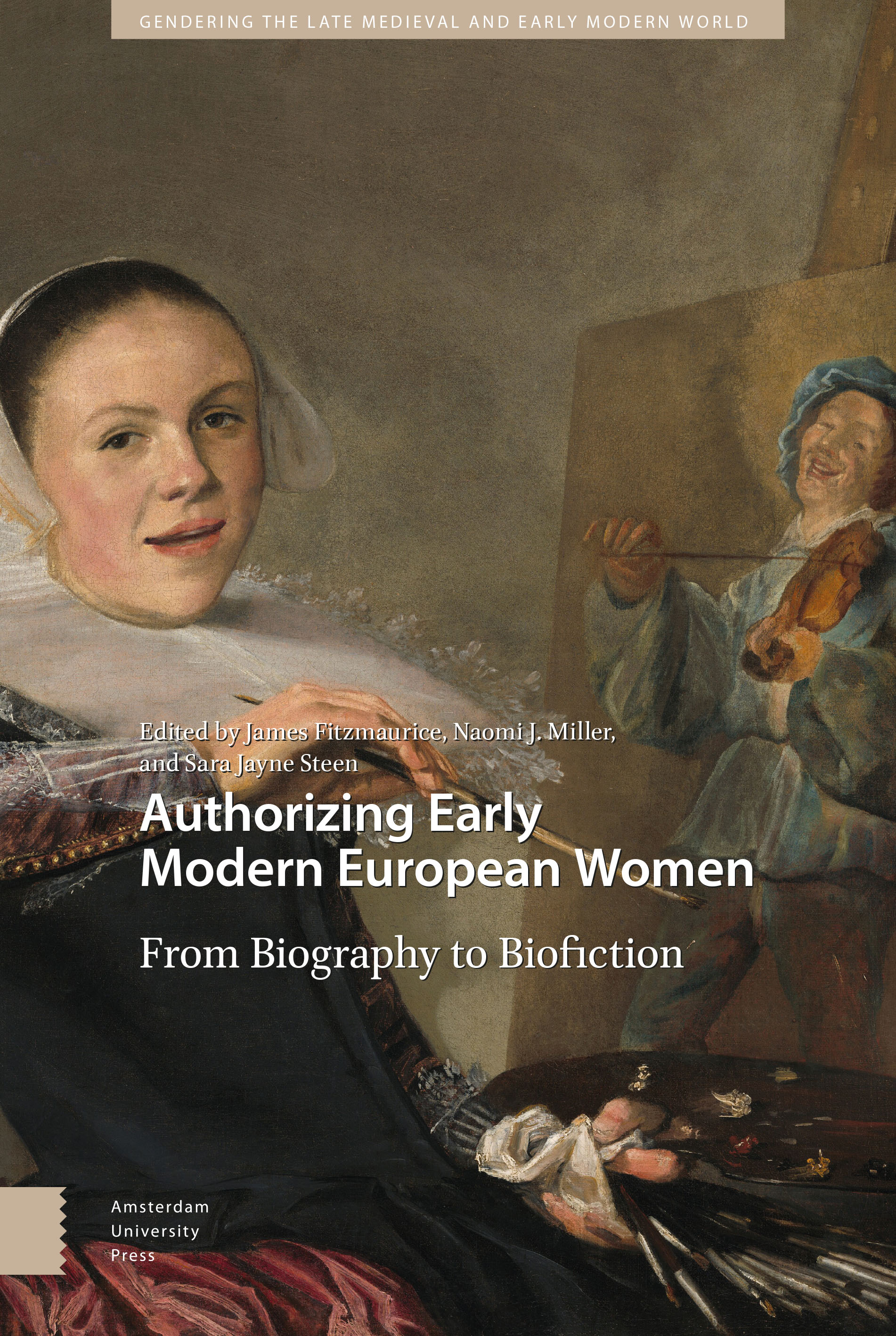15 - “Jesusa Rodríguez’s Sor Juana Inés de la Cruz: Reflections on an Opaque Body”
Published online by Cambridge University Press: 16 December 2021
Summary
Abstract
Sor Juana en Almoloya (Pastorela Virtual) (“Sor Juana in Prison: A Virtual Pageant Play”) and Striptease de Sor Juana (“Sor Juana Striptease”) by playwright, actor, director, and feminist activist Jesusa Rodríguez stand apart among the dozens of competing biofictions that spin imaginative conjectures about the poet Sor Juana's intimate life and political consciousness. This essay considers how both performances stage distinct readings of the Mexican Baroque: the satirical Sor Juana en Almoloya is a raucous postmodern riff on censorship, while in Striptease Jesusa uses her voice and body to interpret Sor Juana's long epistemological Primero sueño (“First Dream”) and bring the language and insights of Sor Juana's greatest poem into the lives of her audiences.
Keywords: El Hábito, Jesusa Rodríguez, Mexican theater, Sor Juana en Almoloya, Sor Juana Inés de la Cruz, Striptease de Sor Juana
Fictional avatars of colonial Mexican poet, nun, and intellectual Sor Juana Inés de la Cruz (1648–1695) began to proliferate during her lifetime. Like other learned women writers of the early modern period, Sor Juana was awarded the honorific titles of “Tenth Muse” and “Phoenix,” both denoting a status other than human. The brilliance that brought her to the Viceregal court of New Spain was regarded as freakish, and she knew it: Pedro del Santísimo Sacramento, a Spanish cleric who wrote one of the numerous encomiastic prologues to the second volume of her works, published in Barcelona in 1692, called her “Monstruo de las mujeres y prodigio mexicano” (“Monster among women and Mexican prodigy”; Sor Juana, 1995, p. 26). Mexican poet Felipe Luis Fabré cites this encomium in the title poem of his verse biofiction Sor Juana y otros monstruos, taking the pejorative meaning to a violent conclusion in which a monstrous Sor Juana slaughters the scholars who quibble about her life and her writing; her relationship to her patron, the Condesa de Paredes; and the reasons for her silence in the last years of her life. In her wake, the monstrous Sor Juana leaves a trail of unfinished blood-spattered dissertations and contentious treatises, and she will hover above us, open her wings like opening a book, “y remontará la noche y ascenderá, / bellísima y monstruosa, / una vez más hasta las esferas” (“and she will fly above the night, ascending – / gorgeous and monstrous – / once more toward the spheres”; pp. 16–17).
- Type
- Chapter
- Information
- Authorizing Early Modern European WomenFrom Biography to Biofiction, pp. 187 - 200Publisher: Amsterdam University PressPrint publication year: 2021



